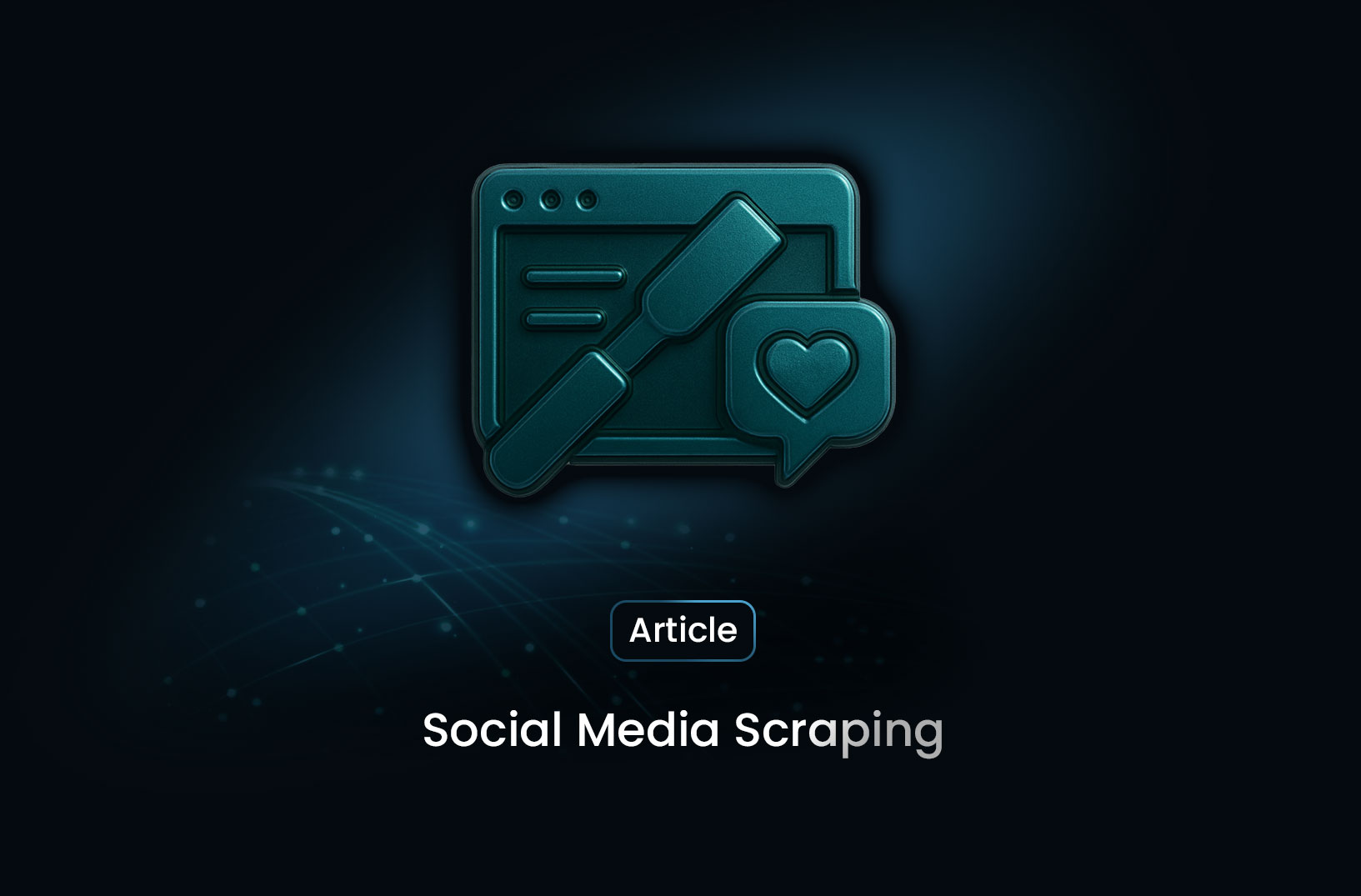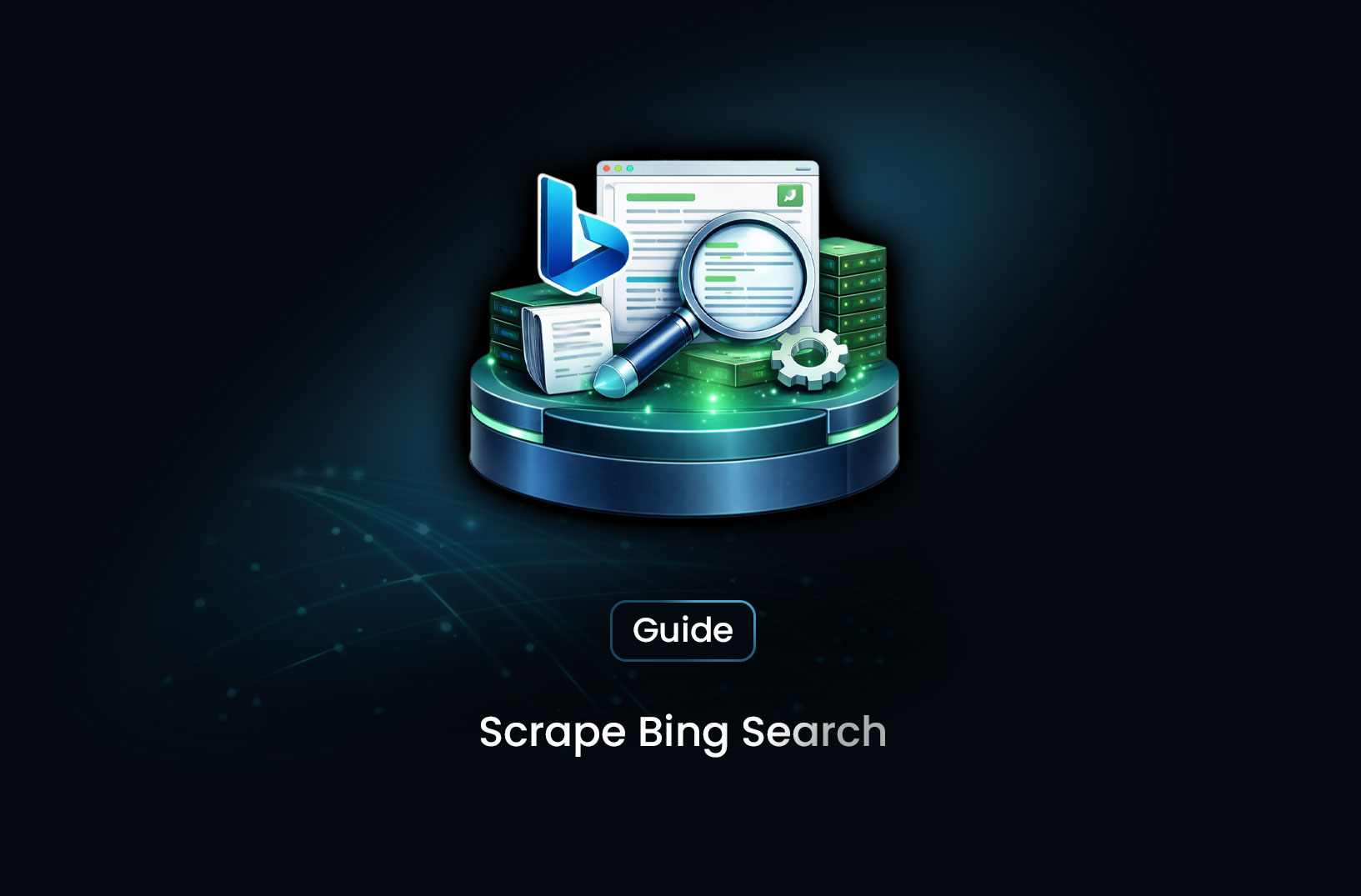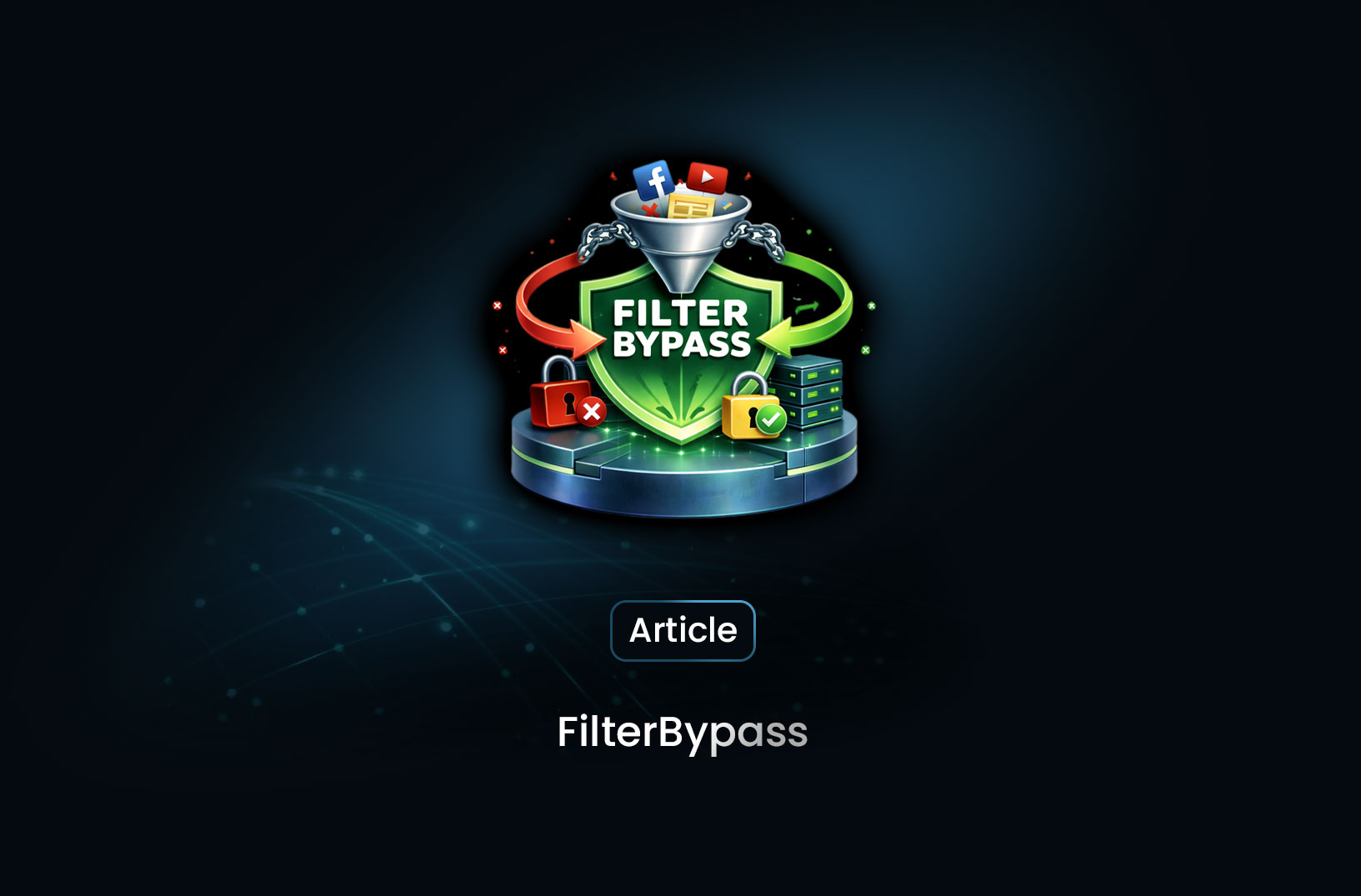
Social Media Scraping Strategies for Competitor and Trend Analysis
ArticleSocial media scraping is the process of extracting public data from platforms like Instagram, TikTok, and X. Learn how it works, its benefits, tools, and best practices for ethical data collection.
Social media scraping refers to the automated extraction of publicly available data from platforms like Instagram, Facebook, TikTok, LinkedIn, Reddit, and X (formerly Twitter). This data is then used for analytics, marketing insights, competitor tracking, sentiment monitoring, and audience research.
As social networks become major sources of consumer behavior and market trends, scraping has become a critical tool for brands, researchers, and digital analysts — as long as it is done ethically and within each platform’s legal boundaries.
What Is Social Media Scraping?
Social media scraping is the process of collecting public user posts, comments, profiles, hashtags, reactions, follower stats, and engagement data using automated tools or scripts.
Unlike manual research, scraping allows you to gather large datasets in seconds, making it ideal for projects that require scale and precision.
Common types of social media data collected:
- Public posts & captions
- Trending hashtags
- Engagement metrics (likes, shares, comments)
- Competitor content
- Review or sentiment data
- Public profiles & bios
- Influencer statistics
- Public groups or community discussions
How Social Media Scraping Works
Depending on the approach, scraping can be done through:
1. Official APIs (safe & compliant)
Platforms like X, Reddit, TikTok, and Facebook provide APIs that allow developers to request data legally. Pros:
- Reliable
- Rules-based
- Approved by the platform
Cons:
- Limited access
- May require paid plans
- Rate-limited
2. Automated scraping tools
These tools imitate human browsing and extract visible public data on pages. Pros:
- Flexible
- Works even without API access
- Can scrape bulk data
Cons:
- Must respect robots.txt
- Must avoid collecting private or restricted data
- Must follow local and platform-specific policies
3. Browser automation (simulation)
Tools like Puppeteer or Playwright simulate human actions to gather dynamic content such as infinite scroll feeds.
Is Social Media Scraping Legal?
The legality depends on three factors:
✔ The data must be public
Scraping private accounts, private groups, or login-protected content is not allowed.
✔ You must follow the platform’s Terms of Service
Some platforms explicitly restrict scraping.
✔ You must avoid personal identifiable information (PII)**
Regulations like GDPR and CCPA protect user privacy.
In summary: ➡ Public data scraping = generally acceptable ➡ Private data scraping = prohibited
Benefits of Social Media Scraping
Here are the most common business and research use cases:
1. Competitor Monitoring
Track your competitors’ content strategies, ad performance, engagement, and follower growth.
2. Trend & Hashtag Research
Identify emerging topics, viral hashtags, and fast-moving conversations.
3. Sentiment Analysis
Measure how audiences feel about brands, products, events, or influencers.
4. Influencer Discovery
Scrape public profiles to find creators with high engagement and aligned audiences.
5. Market Research
Understand consumer behavior by analyzing public discussions and reactions at scale.
6. Lead Generation
Collect publicly listed business information from platforms like LinkedIn (within allowable scopes).
7. Crisis & Reputation Management
Monitor public conversation spikes that may signal PR risks.
Best Practices for Ethical Social Media Scraping
To ensure safe and compliant scraping:
- Scrape only publicly available data
- Avoid PII or sensitive information
- Respect platform rate limits
- Include delay and randomization (human-like behavior)
- Use scraping responsibly — not for spam, abuse, or data resale
Final Thoughts
Social media scraping unlocks powerful insights for marketing, competitive intelligence, audience research, and trend analysis. When done responsibly and ethically, it helps organizations make data-driven decisions and stay ahead in a fast-moving digital ecosystem.
Find more insights here

Scrape Bing Search: A Practical Technical Guide
Bing scraping blocked? Discover how to bypass rate limits and bot detection to extract URLs, titles,...

FilterBypass: Unblocking Restricted Sites in a Simple Way
FilterBypass is a free web proxy that acts as an intermediary between your browser and the target si...

YouTube.com Unblocked: Accessing YouTube When It’s Restricted
Learn how to access YouTube unblocked on school, work, or regional networks. Explore VPNs, proxies,...
